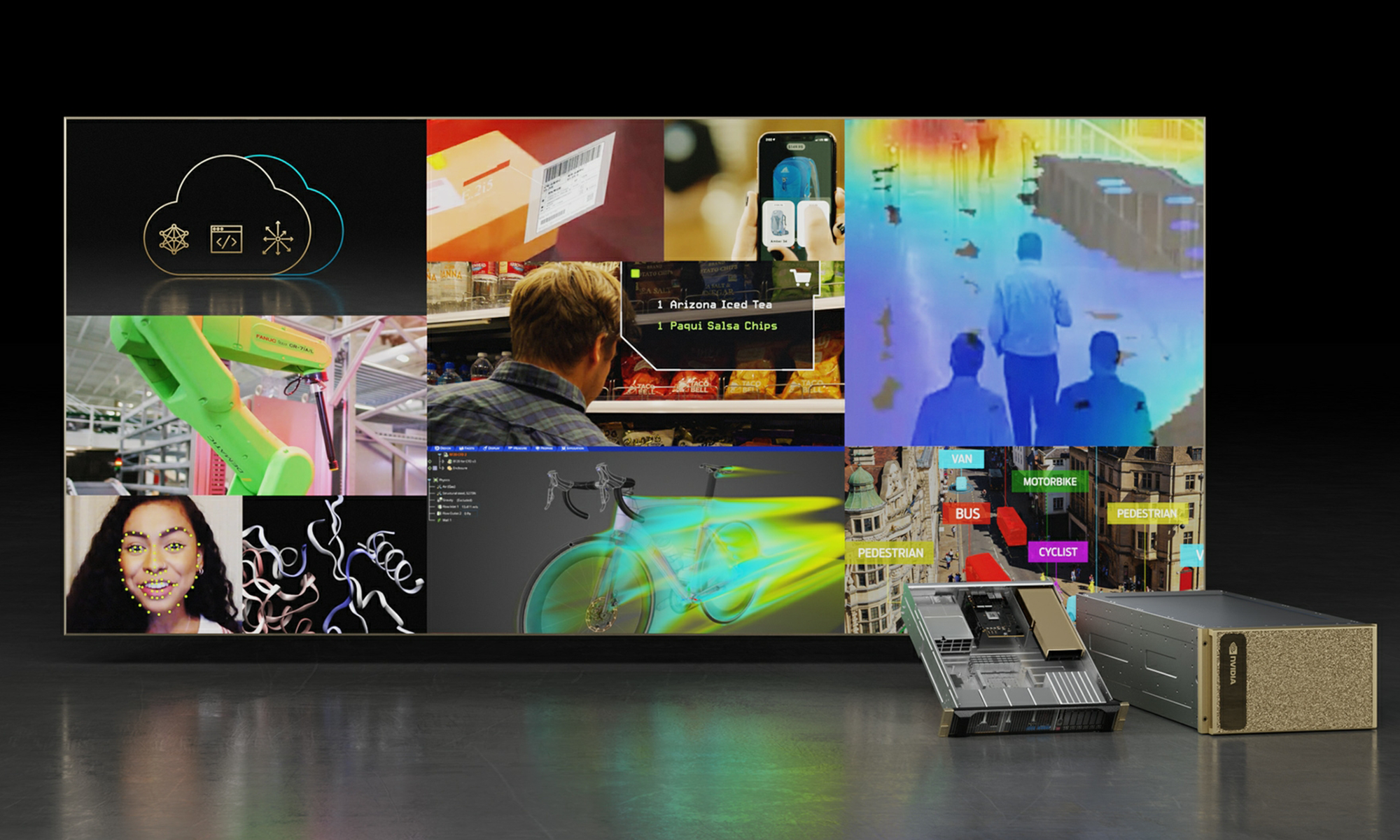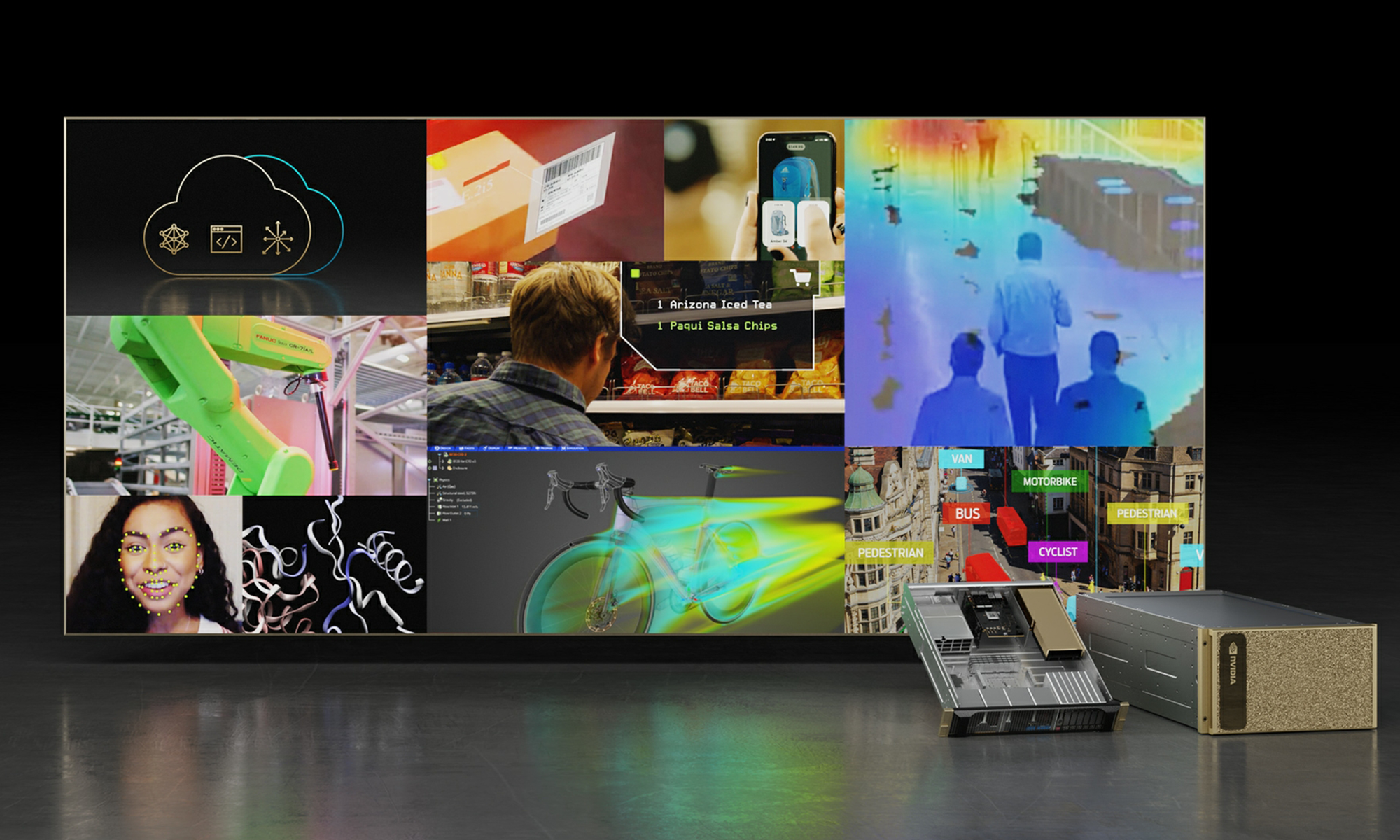Investors have been privy to a seemingly overwhelming number of data releases and announcements in recent weeks. From President Donald Trump's tariff policy reveal to a steady stream of economic data releases centered around inflation and jobs growth, it can be easy for something important to fall through the cracks.
On Thursday, May 15, arguably one of the most important data dumps of the quarter occurred -- and it's possible you missed it.
May 15 marked the deadline for institutional investors with at least $100 million in assets under management (AUM) to file Form 13F with the Securities and Exchange Commission. A 13F allows everyday investors to track which stocks Wall Street's leading money managers bought and sold in the most recent quarter (in this instance, the first quarter of 2025).
Although 13Fs have their limitations -- they're up to 45 days old when filed, and therefore might present a stale picture for an active hedge fund -- they can provide invaluable insight into the stocks, industries, sectors, and trends that have the full attention of Wall Street's most-successful asset managers.

Image source: Getty Images.
While Warren Buffett is often the first name that comes to mind when investors peruse the trading activity of Wall Street's top money managers, he's far from the only prominent investor. Appaloosa Management's David Tepper, who oversees north of $8.3 billion in AUM, has an exceptional investing acumen of his own.
Tepper and his team are fairly active, with Appaloosa's top-20 holdings held for just over an average of two years. But he and his team are particularly active in the tech sector.
During the first quarter, Tepper continued a recent theme and sent more than half of his fund's shares of artificial intelligence (AI) darling Nvidia (NVDA 1.70%) to the chopping block, all while loading up on another market-leading AI stock.
David Tepper slashed Appaloosa's stake in Nvidia in the first quarter
Selling Nvidia stock is nothing new for Appaloosa's chief investor. Accounting for Nvidia's historic 10-for-1 stock split in June 2024, Tepper's fund held 4.42 million shares of Nvidia, as of March 31, 2024. One year later, this position is down to just 300,000 shares, with Appaloosa's 13F showing that Tepper disposed of 380,001 shares in the first quarter, which represents a 56% sequential quarterly reduction.
The all-important question is: Why is Tepper selling shares of Wall Street's leading AI-graphics processing unit (GPU) developer?
It's quite possible this persistent selling is nothing more than Appaloosa's chief locking in gains on a stock that was first purchased in early 2023 and has skyrocketed since then. But it's also possible more sinister motives are behind this selling activity than just simple profit-taking.

NASDAQ: NVDA
Key Data Points
For one, competition is picking up in a big way for Nvidia. Direct rivals like Advanced Micro Devices (AMD 0.32%) and China-based Huawei are developing next-generation AI-GPUs of their own for sale in high-compute data centers.
Yet the bigger issue on the competition front may come from within. Most of Nvidia's top customers by net sales are internally developing AI chips to use in their data centers. While these chips are mostly viewed as complementary to Nvidia's hardware, they're notably cheaper and more readily accessible (i.e., they're not backlogged like Nvidia's AI-GPUs). This creates a scenario where Nvidia can lose out on future data center real estate to these internally developed chips.
To build on this point, we're already witnessing evidence that competition is weakening Nvidia's greatest advantage: its pricing power. In early 2024, Nvidia's Hopper (H100) chip was commanding north of $40,000, compared to $10,000 to $15,000 per chip for AMD's Instinct series chips. But as competition has manifested in the AI arena, Nvidia's gross margin has declined in each quarter since peaking a year ago.
The other concern that may be warranting David Tepper's ongoing sale of Nvidia stock is the role history has played in next-big-thing investments for more than three decades.
Since (and including) the advent of the internet in the mid-1990s, every game-changing trend has navigated its way through a bubble-bursting event during its early expansion. This occurs because investors consistently overestimate the adoption and utility of a next-generation technology or innovation.
With most businesses lacking a clear AI game plan and/or not optimizing their AI solutions as of yet, the likelihood of an AI bubble brewing appears to be high. No company would be more directly hit if the AI bubble bursts than Nvidia.

Image source: Getty Images.
There's a new apple of David Tepper's eye -- and it's another AI stock
Though Appaloosa's 13F depicts more selling than buying activity during the March-ended quarter, David Tepper did pick out more than a half-dozen new stocks to add to his fund. Perhaps none stands out more than the 130,000 shares purchased of AI-networking specialist Broadcom (AVGO 0.76%).
Broadcom's stock began to soar roughly two years ago when it introduced its Jericho3-AI fabric, which connects up to 32,000 GPUs at once. Broadcom's solutions aim to maximize the compute potential of the hardware in an enterprise AI data center, all while minimizing tail latency, which is critical for the split-second decisions being made by AI software and systems.
If an AI bubble were to form and burst, Broadcom wouldn't be immune. Artificial intelligence has been its core catalyst, and a bubble-bursting event could very well encourage businesses to taper their spending on GPUs and networking solutions.
But unlike Nvidia, Broadcom is substantially more diversified in its operations, and would therefore be expected to handily outperform Wall Street's AI darling in a worst-case scenario.

NASDAQ: AVGO
Key Data Points
For instance, Broadcom is one of the leading providers of wireless chips and accessories used in smartphones. Even though smartphones aren't the growth story they once were, the expansion of 5G wireless networks leads to relatively steady demand for Broadcom's chips.
Broadcom has its proverbial fingers in a number of other key industries that would help partially insulate it in the event of an AI bubble. It provides a wide assortment of networking and optical solutions for next-generation vehicles, has solutions for enhancing industrial automation, offers cybersecurity solutions, and even has products for medical systems and equipment.
Another reason Tepper may be loading up on Broadcom is its gross margin. Unlike Nvidia, which has seen its gross margin dip over the last year, Broadcom's been consistently climbing over the trailing-12-month period. Higher margins usually translate into earnings growing at an even faster pace than sales.
Lastly, first-quarter weakness in Broadcom's stock opened the door for David Tepper to potentially scoop up shares at roughly 23 times forward-year earnings in March, which was near a two-year low.






